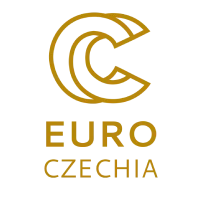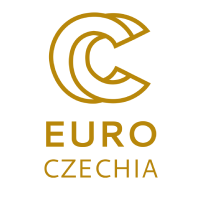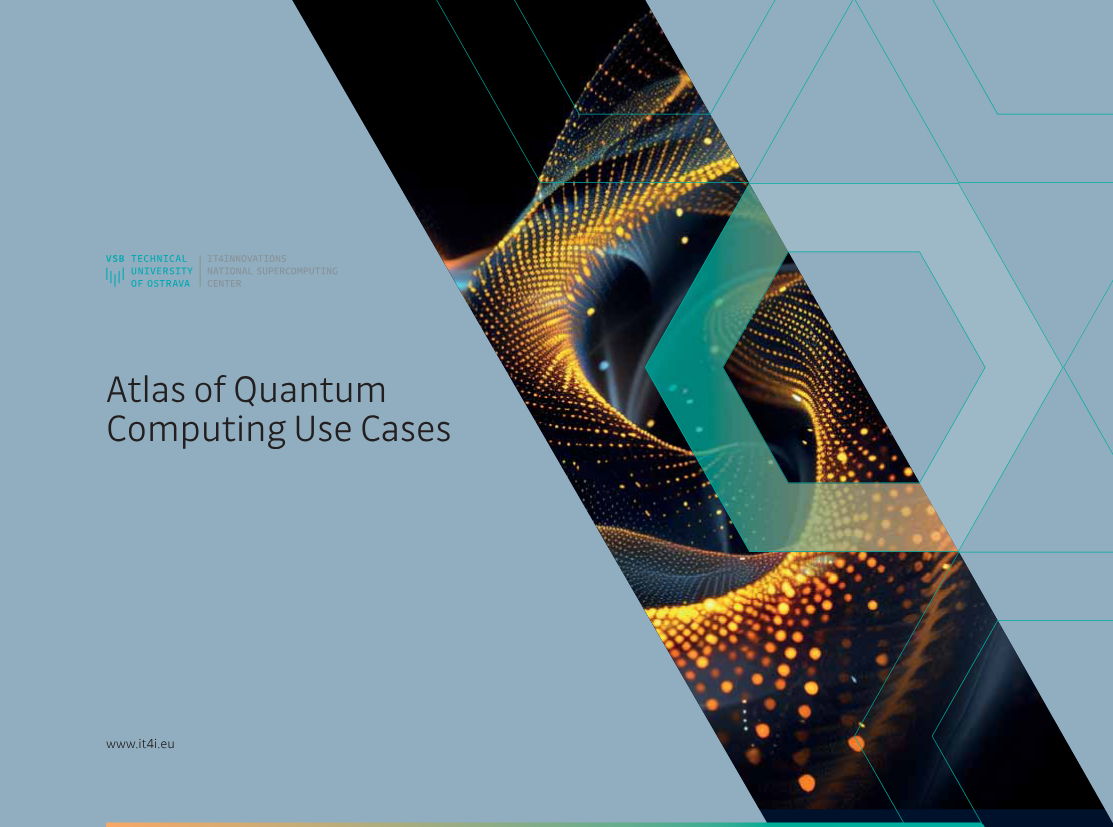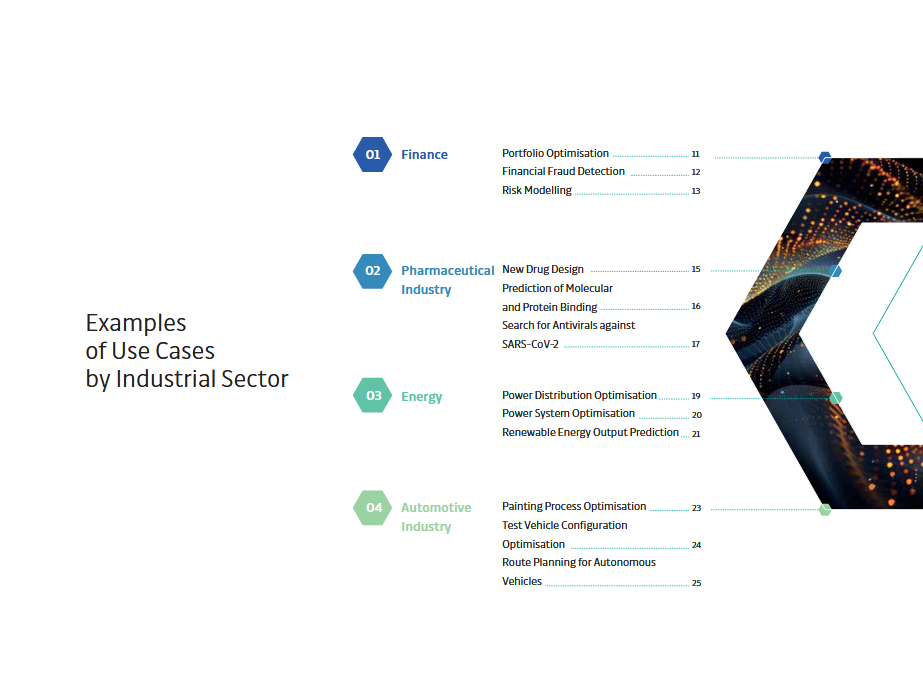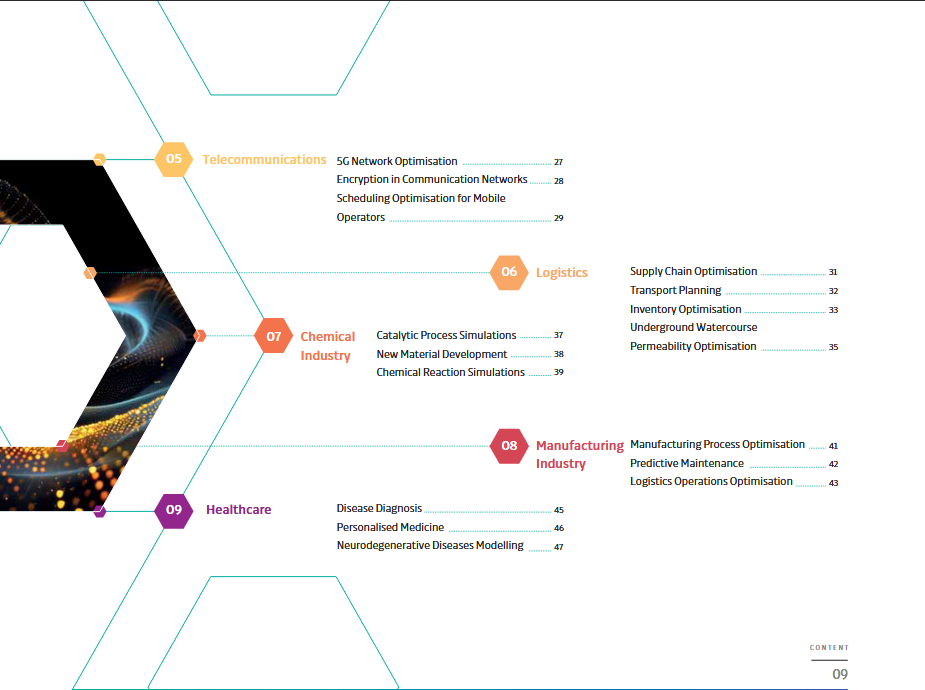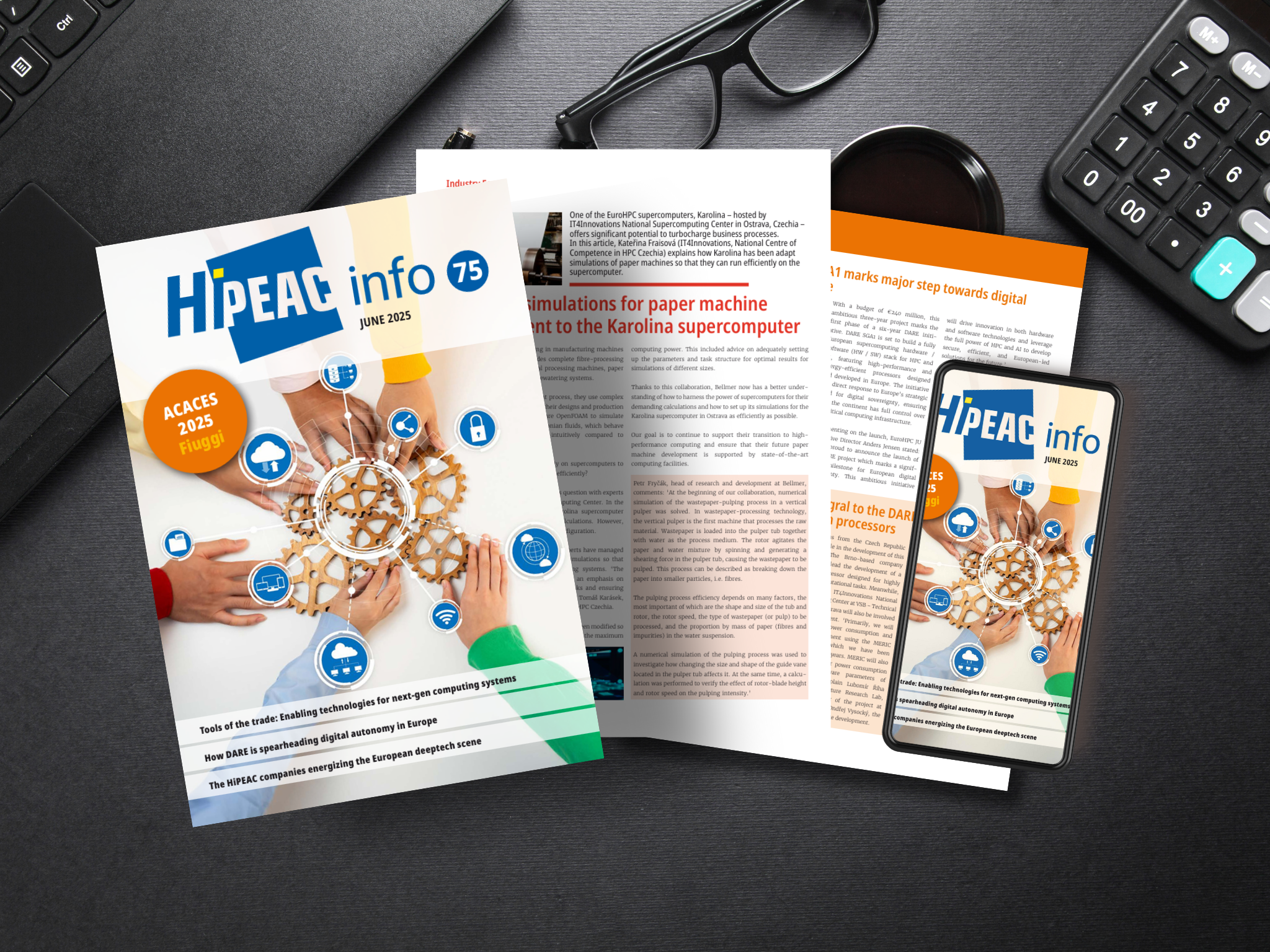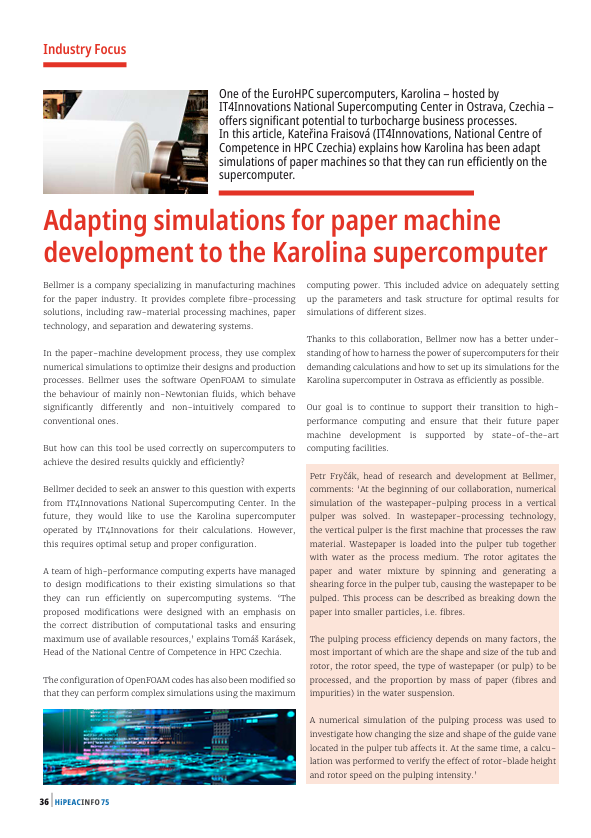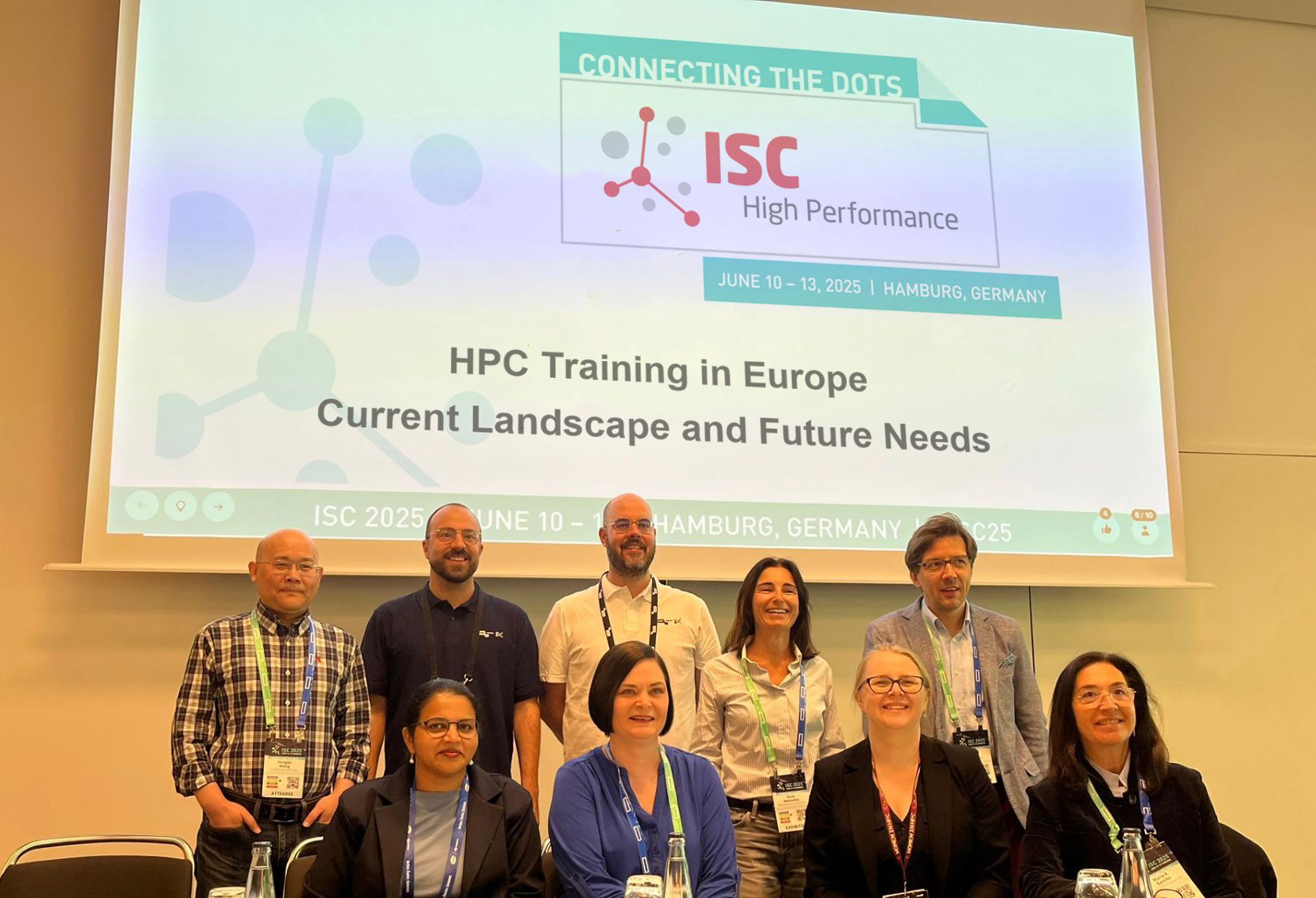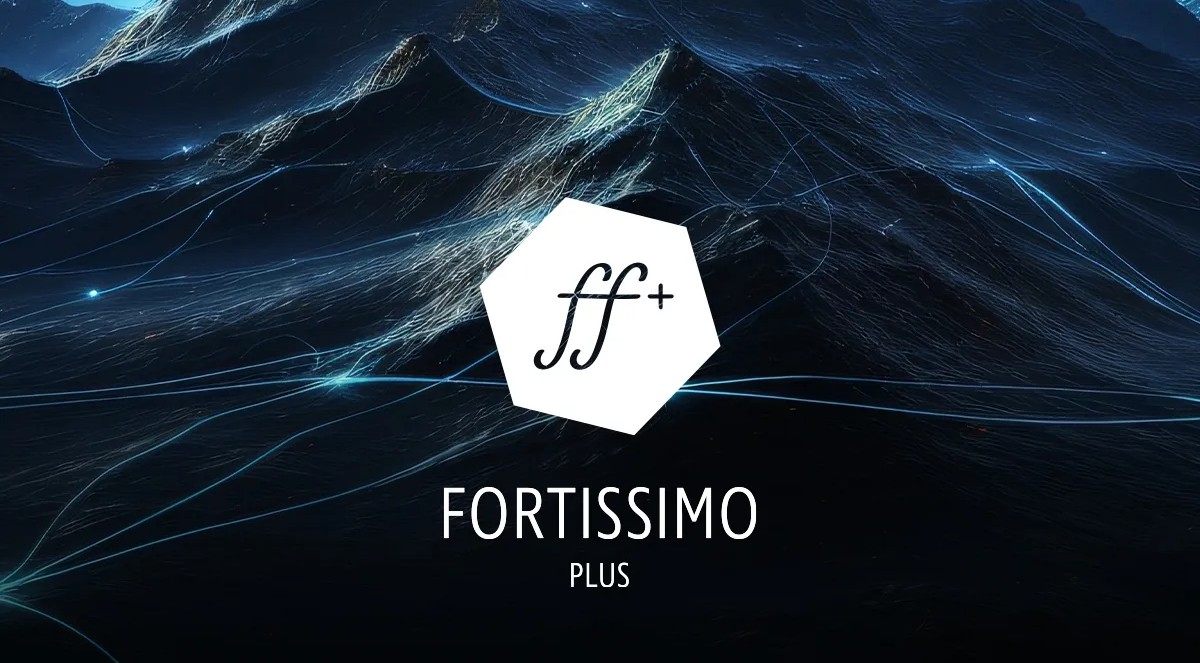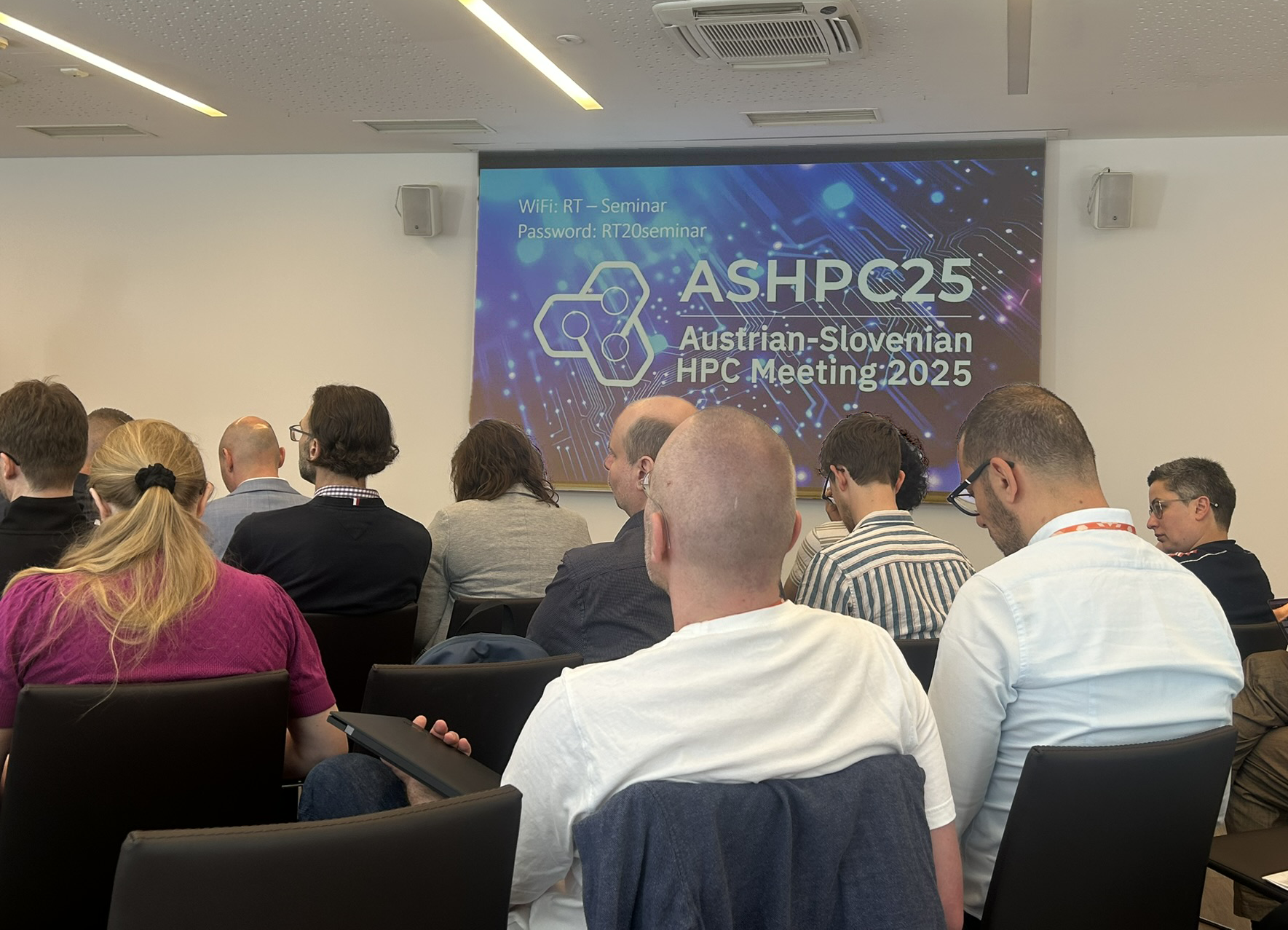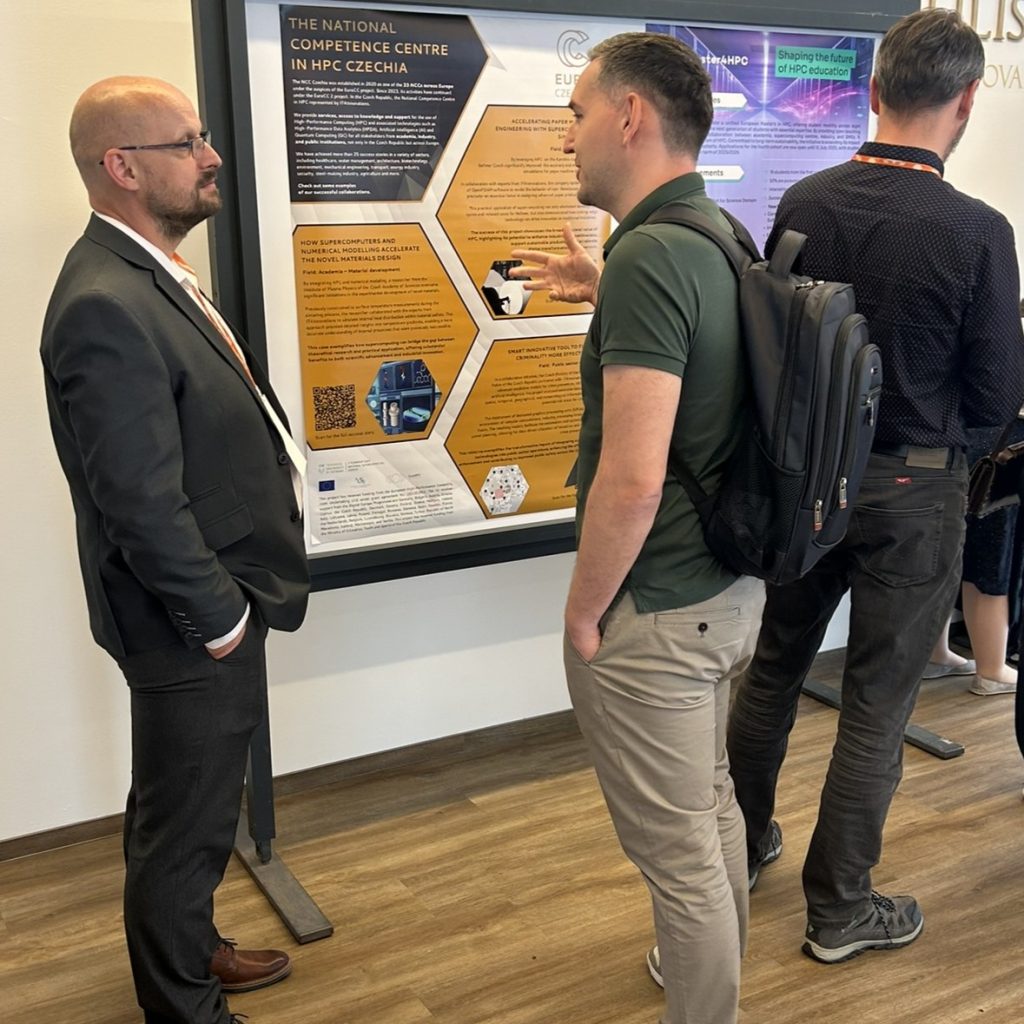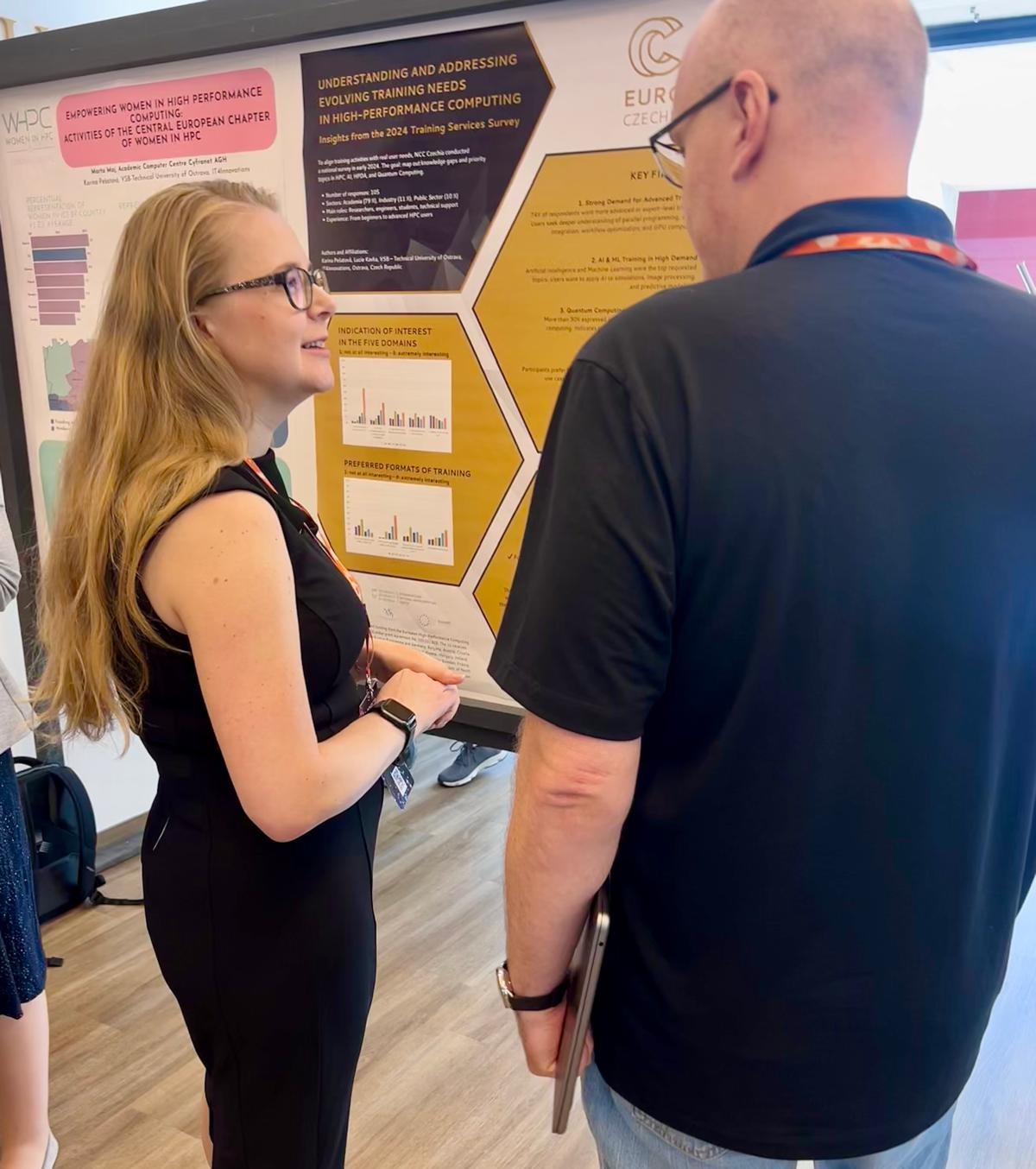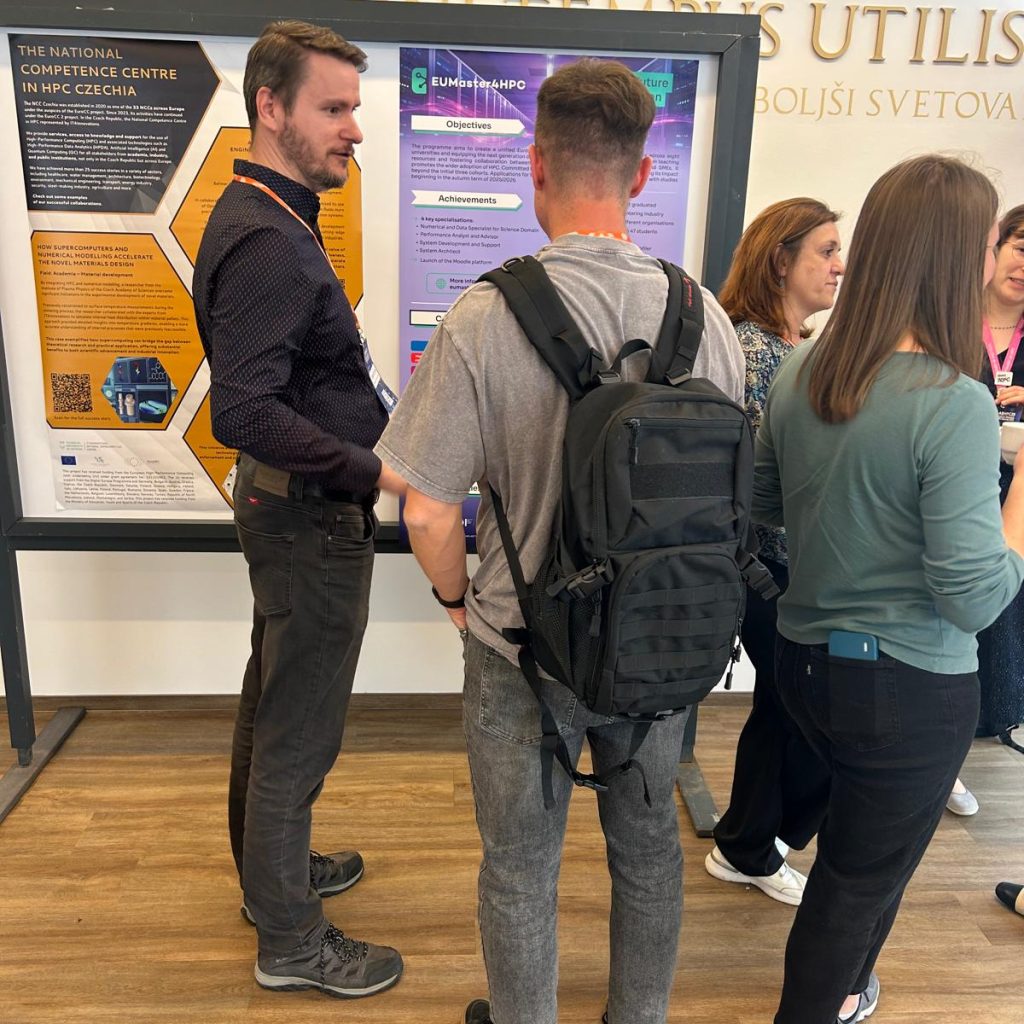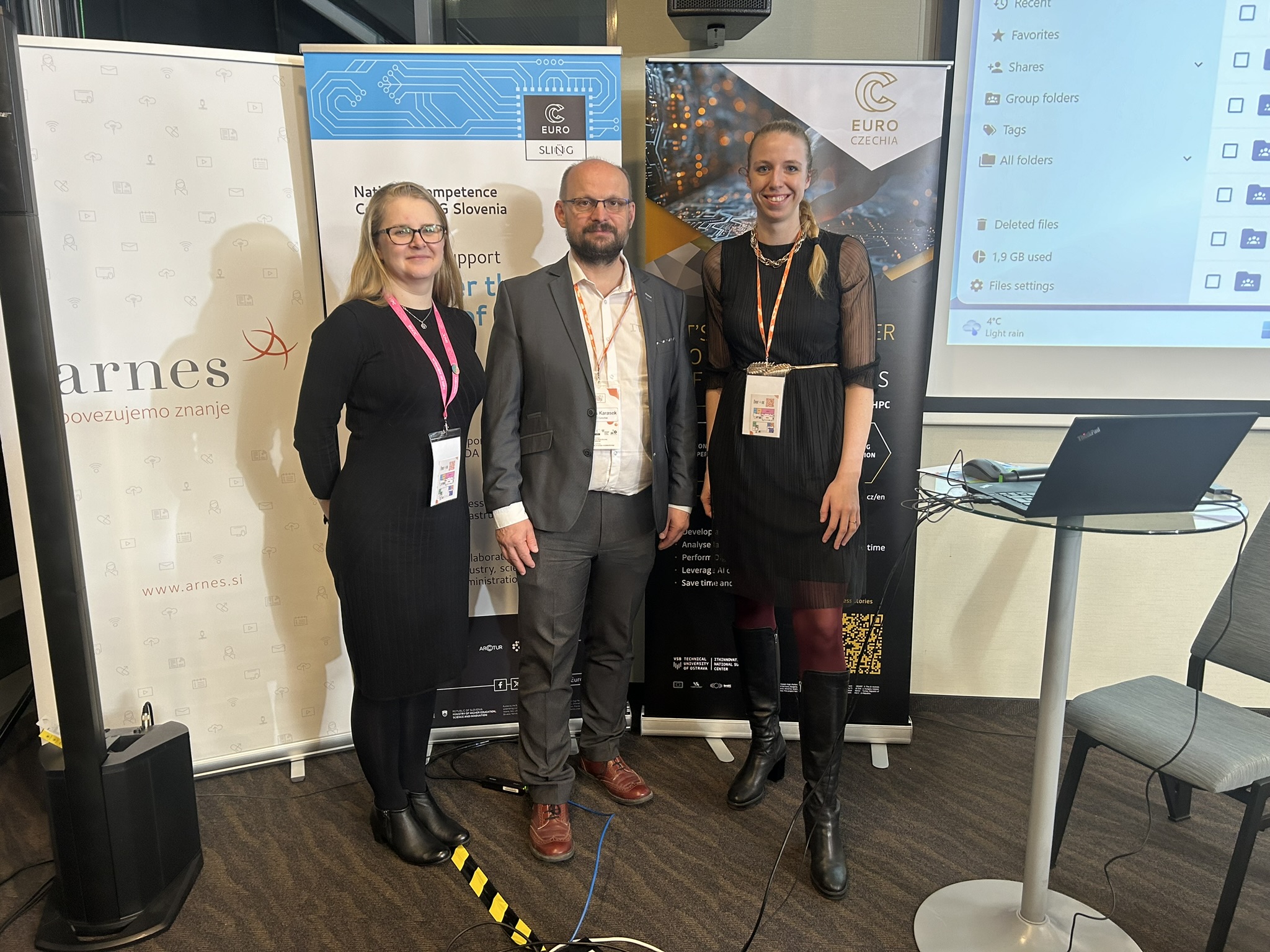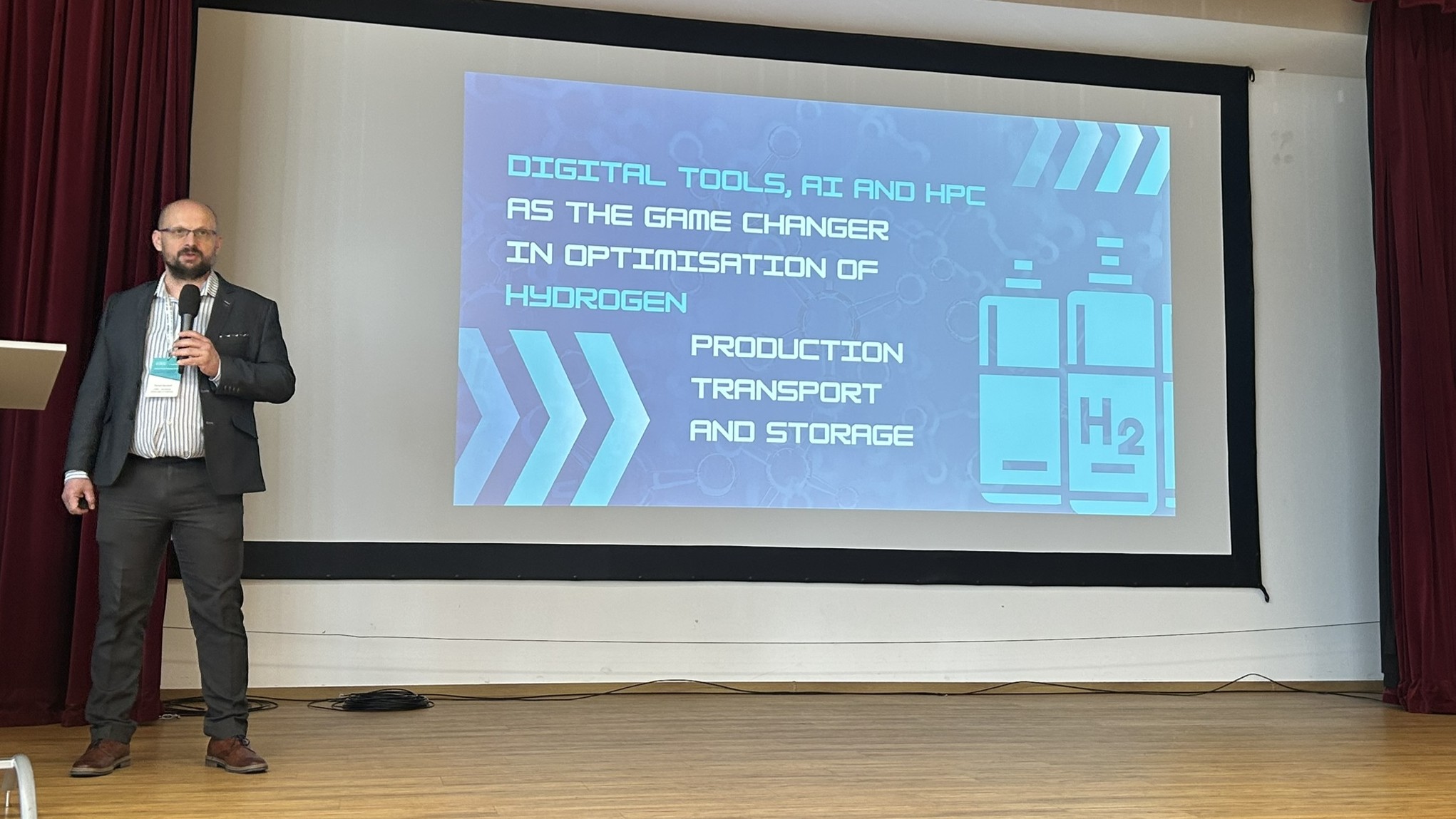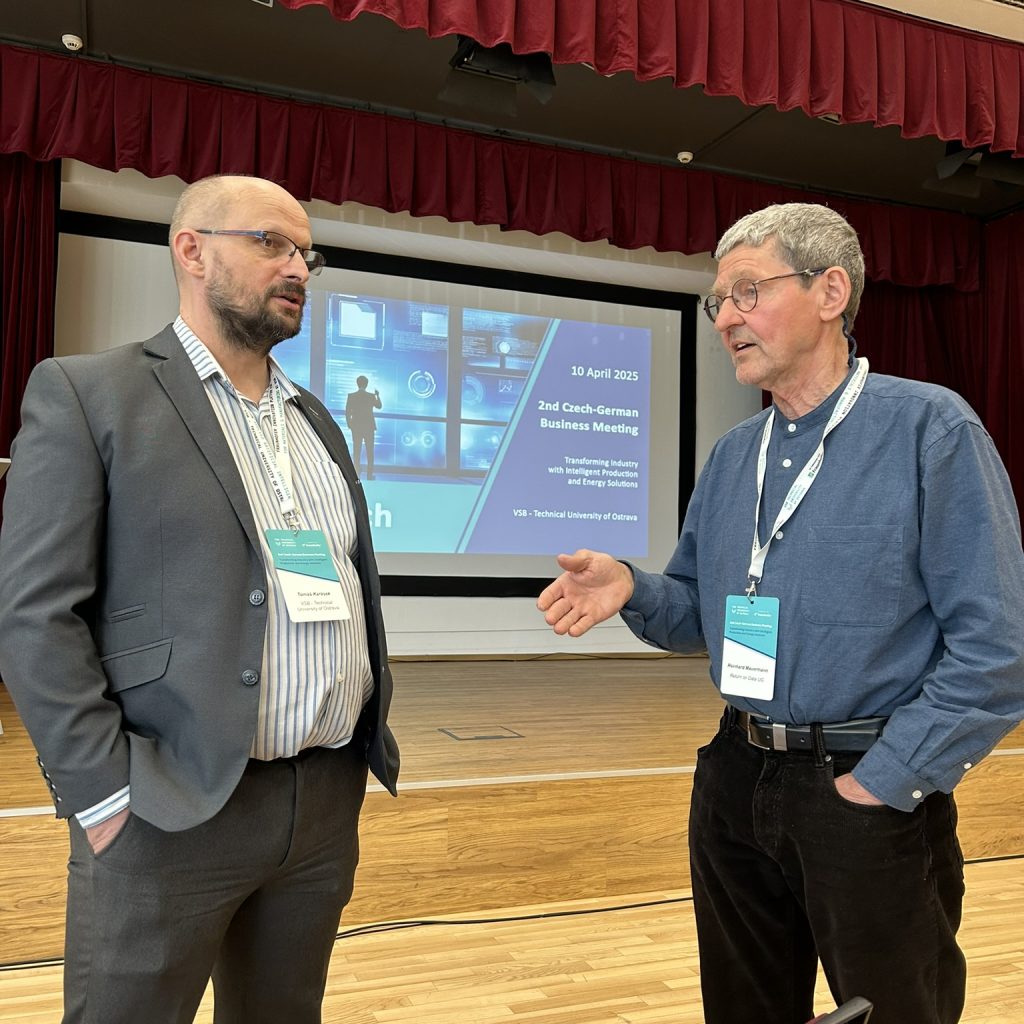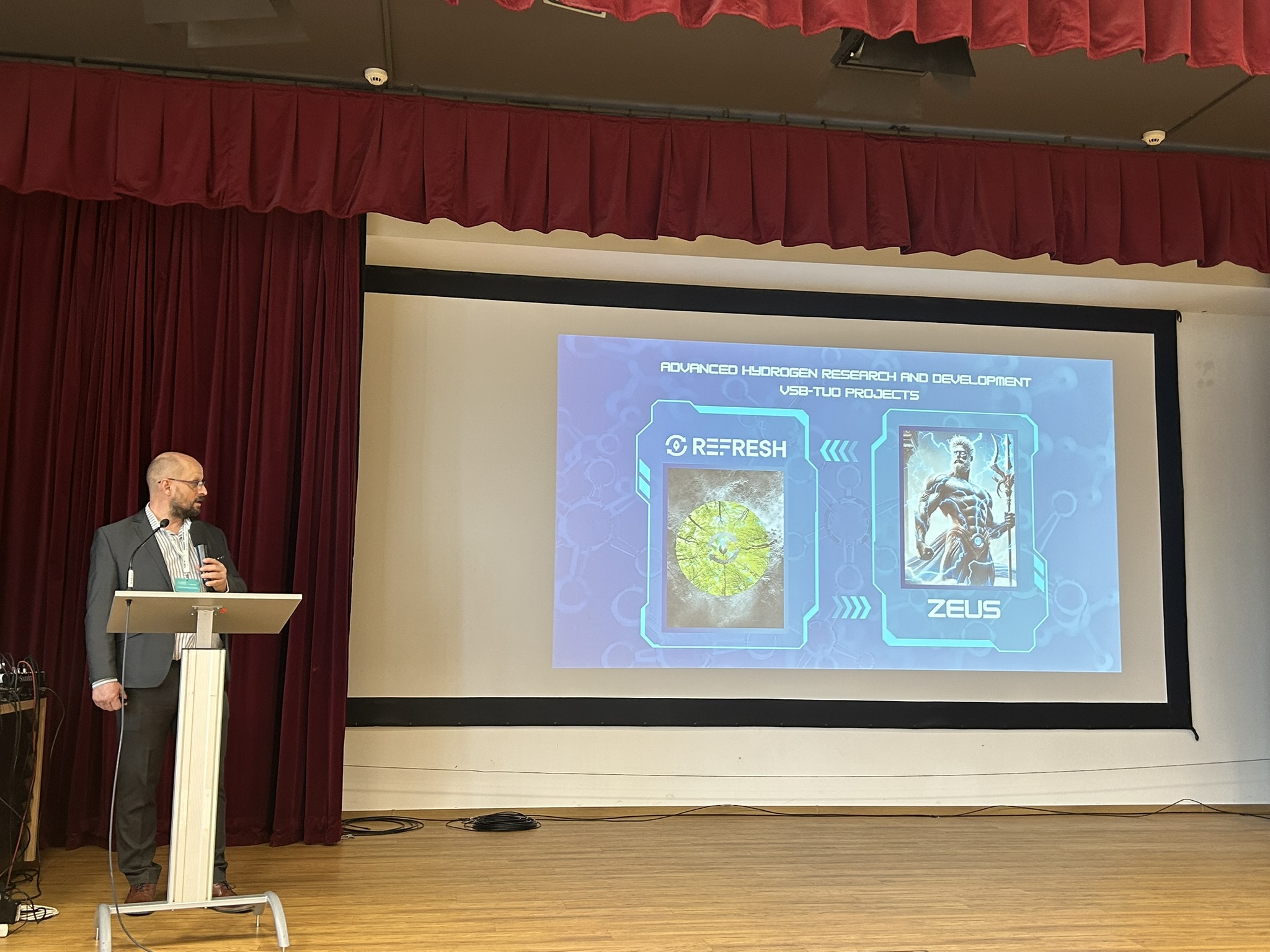In response to the growing interest in quantum technologies and their real-world use, we supported the creation of a new popular-science publication, the Atlas of Quantum Computing Applications, developed by the Quantum Computing Laboratory (VLQ) at the national supercomputing center IT4Innovations, led by Marek Lampart and his team.
Quantum computing is one of the fastest-developing fields today, attracting the attention of researchers, companies, and public institutions alike. With this interest come many questions: What are quantum computers actually good for? What types of problems can they solve? Do they pose a threat to current encryption methods? And when will they be ready for practical use?
The Atlas of quantum computing use cases seeks to answer these questions clearly and accessibly. Over more than 40 pages, the publication introduces the basic principles of quantum computing, presents specific types of quantum algorithms, and most importantly, demonstrates their application across various domains—from chemistry and materials science to finance, optimization, and machine learning, as well as security and cryptography.
One of the brochure’s key contributions is its effort to clarify common myths and concerns around quantum computers—such as the widespread fear that they will soon break all current encryption methods. The Atlas explains the current state of quantum development, the challenges that remain, and what conditions must be met before widespread deployment becomes feasible.
This publication is aimed at a broad professional audience—from researchers and students to businesses considering whether quantum computing is relevant to their field. We believe it will help readers navigate this rapidly evolving area and support informed decision-making.
